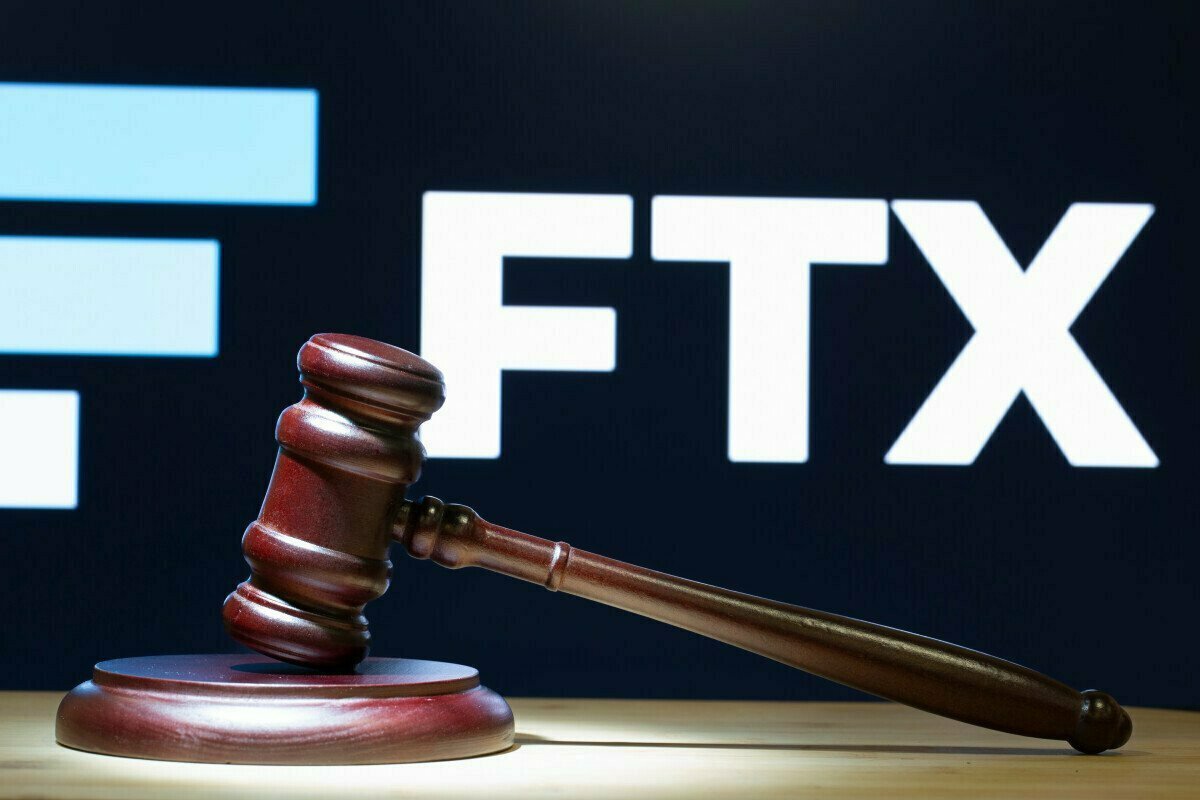FTX Bankruptcy Sees $44 Billion Claims from U.S. Internal Revenue Service

The US Internal Revenue Service (IRS) has filed tax claims worth a staggering $44 billion against bankrupt crypto exchange FTX and its affiliated entities.
According to recent bankruptcy filings, the IRS has put forth a total of 45 claims against FTX companies related to unpaid taxes, which could be a major concern for FTX creditors, given that the agency is claiming priority over creditors in the bankruptcy case.
The largest of the claims include a whopping $20.4 billion and $7.9 billion pair of claims aimed at FTX’s sister firm Alameda Research related to unpaid partnership taxes.
Another two claims totaling $9.5 billion are made against Alameda Research Holdings Inc.
The IRS filed the claims under “administrative priority,” which enables its claims to supersede that of unsecured creditors during bankruptcy proceedings.
Although Alameda Research was based in Hong Kong, its key executives and employees, such as Sam Bankman-Fried and Caroline Ellison, are American citizens.
The US differs from most other countries in that it practices a taxation-by-citizenship system, meaning that citizens of the United States are required to pay taxes on their income earned anywhere in the world, regardless of their place of residence or how long they spend in the United States each year.
In the case of partnership entities like Alameda Research, taxes are not paid at the partnership level. Instead, they are passed through to the partners and subject to taxation at the individual level.
“Tax man does get paid 1st in a BK, which is why it is filed under an Admin Priority status,” said Twitter user @MrPurple_DJ, who describes himself as a restructuring expert.
The user said that the claims are usually inflated in a bankruptcy case, but they “settle less.”
One reason for the absurdly high claims is that “sometimes claims get filed for the same claim against each individual debtor entity (in this case there are 130 of them) but claims can’t be settled 2x-130x for the same underlying claim.”
“It’s done procedurally to make sure claim isn’t disallowed for filing against incorrect entity.”
The claim circulating CT is real and a few things to note:
— Mr. Purple 🛡️ (@MrPurple_DJ) May 10, 2023
1) Tax man does get paid 1st in a BK which is why it is filed under an Admin Priority status
2) FTX estate will defend against this claim
3) Calculation of their claim was not publicly filed but few things jump out:… https://t.co/psDGseeWgi
Latest Developments in the FTX Saga
In the latest development in the FTX saga, the disgraced founder of the exchange, Sam Bankman-Fried, has asked a New York federal judge to dismiss most of the criminal charges brought against him by federal prosecutors.
In a filing with the Southern District of New York federal court earlier this week, lawyers of Bankman-Fried argued that several of the charges against him were “dramatic” and turned “civil and regulatory issues into federal crimes.”
Furthermore, efforts around an FTX relaunch have gathered some stream as the platform has managed to recover over $7.3 billion in cash and liquid crypto assets.
As reported, the effort to revive FTX has even drawn interest from Tribe Capital, a venture firm seeking to lead a $250 million fundraising campaign for the new platform.




